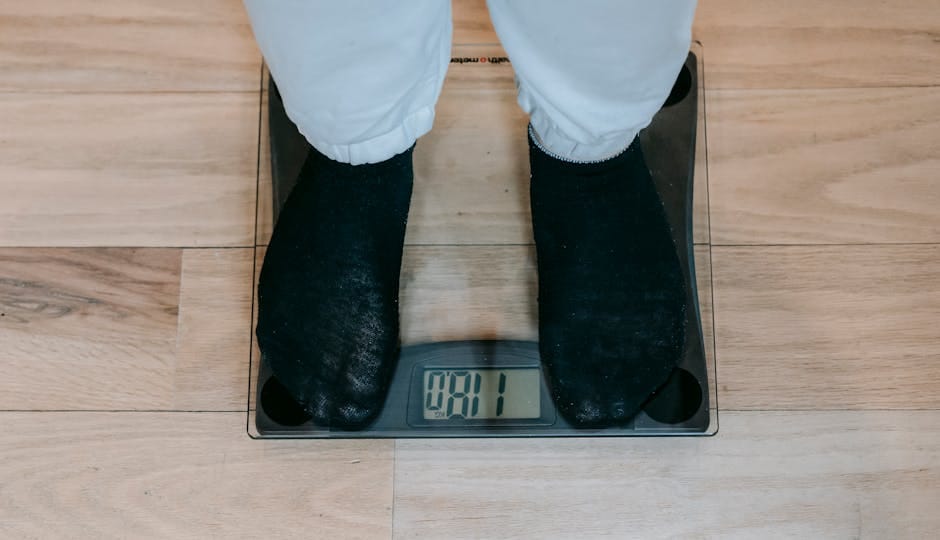Diet plays a crucial role in weight loss, and adopting a healthy eating plan is essential for achieving and maintaining your desired weight. Here's a comprehensive guide to help you create a diet that supports your weight loss goals:
**1. Set Realistic Goals:**
Establish achievable weight loss targets. Aim to lose 1-2.5 pounds per week, as rapid weight loss can be unhealthy and unsustainable.
**2. Calculate Your Calorie Needs:**
Determine your daily calorie requirement based on your age, weight, height, and activity level. Use an online calorie calculator or consult a registered dietitian.
**3. Focus on Whole, Unprocessed Foods:**
Fruits, vegetables, whole grains, and lean protein should form the foundation of your diet. These foods are nutrient-rich, filling, and low in calories.
**4. Limit Processed Foods:**
Packaged snacks, sugary drinks, and processed meats are often high in calories, sugar, and unhealthy fats. Opt for homemade meals and snacks instead.
**5. Drink Plenty of Water:**
Water helps curb hunger, boost metabolism, and eliminate toxins. Aim to drink 8-10 glasses of water per day.
**6. Cook More Meals at Home:**
Home-cooked meals allow you to control ingredients and portion sizes. This helps you avoid unhealthy additives and excess calories found in restaurant meals.
**7. Read Food Labels Carefully:**
Pay attention to serving sizes, calorie content, and the amount of added sugar, unhealthy fats, and sodium. Choose foods with minimal processed ingredients and added sugars.
**8. Portion Control:**
Use smaller plates and bowls to manage portion sizes. Measure food using measuring cups and spoons to avoid overeating.
**9. Be Patient and Consistent:**
Weight loss is a gradual process that requires patience and consistency. Don't get discouraged if you don't see results immediately. Stick to your plan and celebrate your progress along the way.
**10. Seek Professional Help if Needed:**
If you struggle to lose weight on your own or have underlying health conditions, consider consulting a registered dietitian, doctor, or therapist. They can provide personalized guidance and support.
Remember, weight loss is not just about shedding pounds; it's about adopting a healthy lifestyle that you can sustain long-term. By following these tips and creating a balanced diet, you can achieve your weight loss goals and improve your overall well-being.

